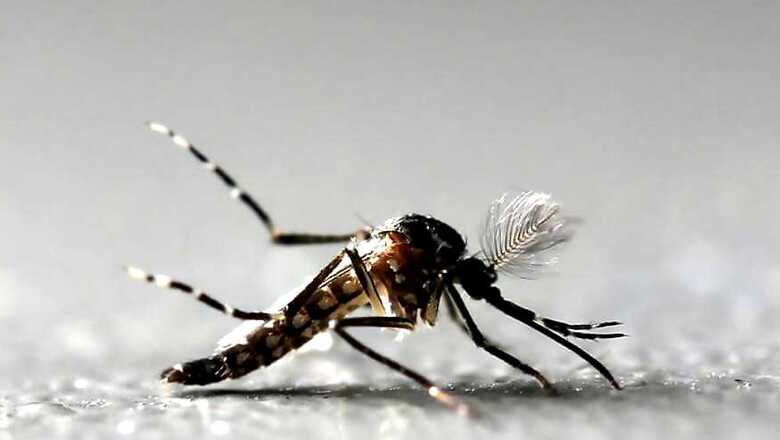
views
Caused by two of the five kinds of Plasmodium parasite, namely Falciparum and Vivax, malaria is one of the most prevalent mosquito-borne diseases that are carried by the female anopheles mosquito who transmit the disease when they bite a person for a blood feed. The WHO estimates that there were 219 million malaria cases worldwide in 2017 and every 2 minutes sees the death of a child from malaria. While countries are dedicatedly trying to wipe the mosquito-borne disease off the face of the Earth, it is still, worryingly enough, showing a rise, in some countries.
While in confirmed cases of malaria, it is advisable to not deviate from known treatment regimes, the treatment of malaria is constantly evolving due to the evolution of the malaria strain of virus in itself.
Amidst growing number of treatments for the disease, homeopathic intervention could also be an option.
According to Dr. Kushal Banerjee, a second-generation homeopath at the renowned Dr. Kalyan Banerjee Clinic in CR Park Delhi, who wrote for TOI, the homeopathic management of malaria has significant and unique contributions which can benefit patient in many ways.
According to Dr Banerjee, homeopathic medicines can be beneficial as a prophylactic or a preventive measure. Anti-malaria medicines have several side effects and in patients who are unable to tolerate the medicines or are visiting countries with low risk of infection, homeopathic medicines may be considered to be a prophylactic. According to Dr Banerjee, taking Eupatorium Perfoliatum 30ch, two times a day is highly effective.
He further says that it is an adjuvant to conventional anti-malarial treatment. Malaria causes flu-like symptoms like shaking chills, periodic fevers, headaches, muscle aches and tiredness. High doses of painkillers may cause side-effects and as such use of homeopathic medicines like Eupatorium Perfoliatum Q, Belladonna 3c and others given in high frequency helps reduce the acute discomfort that patients feel.
Also, homeopathic medicine acts as an intervention to manage complications arising from malaria, jaundice, kidney dysfunction, hallucinations etc. While for example, in case of jaundice and renal dysfunction, there are no specific treatments in conventional medicine, homeopathic meds like Chelidonium Majus 30c for jaundice, and Lycopodium 30c for renal dysfunction help in lower abniormal readings and help patients recoup faster.
Finally, it helps in the management of chronic malaria. Chronic malaria results in an increase in the size of the spleen, which can be life threatening. The introduction of homeopathic medicines like Natrum Mur 30ch has repeatedly demonstrated a better response in the patients who have not responded to conventional treatment.



















Comments
0 comment